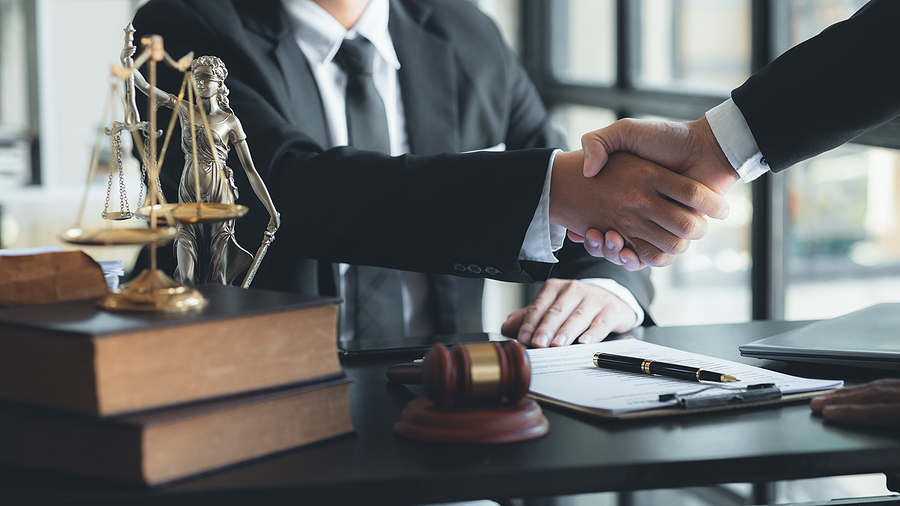When facing criminal charges, whether minor or severe, the stakes are incredibly high. Criminal law involves the body of law that relates to crime, outlining offenses, penalties, and procedures for enforcement. A criminal lawyer, also known as a criminal defense attorney, plays an essential role in representing those accused of committing crimes. Their primary goal is to ensure a fair trial, protect the rights of the accused, and seek the best possible outcome, whether through a dismissal, reduction of charges, or an acquittal Strafverteidiger Hagen.
What Does a Criminal Lawyer Do?
A criminal lawyer specializes in defending individuals or organizations charged with criminal offenses. The types of criminal cases they handle vary widely and can include:
- White-collar crimes (e.g., fraud, embezzlement, tax evasion)
- Drug-related offenses (e.g., possession, trafficking, distribution)
- Violent crimes (e.g., assault, battery, murder, manslaughter)
- Sexual offenses (e.g., rape, sexual assault, child pornography)
- Property crimes (e.g., theft, burglary, vandalism)
- DUI/DWI charges
- Domestic violence and more.
Criminal defense lawyers perform a variety of critical functions:
1. Case Evaluation & Legal Counsel
Upon taking on a case, the lawyer conducts an in-depth review of the evidence against the accused, the circumstances surrounding the alleged crime, and any relevant legal precedents. They provide legal advice on potential outcomes, risks, and defenses available to the accused.
2. Protection of Rights
One of the core roles of a criminal defense lawyer is to safeguard their client’s constitutional rights, especially the right to a fair trial. They ensure that law enforcement and prosecutors adhere to proper legal procedures, preventing any violations of the defendant’s rights that could result in wrongful convictions or unlawful sentences.
3. Negotiating Plea Bargains
In many criminal cases, the prosecution may offer a plea deal, in which the defendant agrees to plead guilty to a lesser charge in exchange for a reduced sentence. A skilled criminal lawyer can assess the strength of the case and negotiate favorable terms to help their client avoid severe penalties, such as lengthy prison sentences.
4. Court Representation
Criminal defense attorneys represent their clients in court throughout the trial process, from pre-trial motions to post-conviction appeals. They cross-examine witnesses, challenge the evidence presented by the prosecution, and present a defense strategy aimed at creating reasonable doubt.
5. Appeals and Post-Conviction Relief
In the event of a conviction, criminal lawyers can file for an appeal to a higher court, challenging the decision based on legal errors or new evidence. They also help in securing post-conviction relief, including sentence modifications or parole hearings.
Why You Need a Criminal Lawyer
Criminal charges can have devastating consequences on an individual’s life, ranging from fines and probation to imprisonment or even the death penalty in extreme cases. Without a qualified defense attorney, the accused faces a much higher likelihood of conviction and severe sentencing.
Here are several reasons why hiring a criminal lawyer is crucial:
- Expertise in Legal Matters
Criminal law is a complex field with ever-evolving statutes, case law, and procedural rules. A criminal lawyer has the training and experience to navigate the legal system and mount an effective defense strategy. - Knowledge of the Local Legal System
Criminal defense lawyers are familiar with local courts, judges, and prosecutors. This knowledge can be pivotal in negotiating the best possible outcome for the accused, as attorneys know the tendencies and practices of the parties involved. - Protection Against Self-Incrimination
A criminal lawyer ensures that their client’s rights are not violated during police interrogations and court proceedings. They advise clients on when to remain silent and avoid making statements that could inadvertently harm their defense. - Objectivity
Facing criminal charges can be an emotional experience. A lawyer offers an objective perspective and can help clients make rational decisions during the legal process. - Investigation and Evidence Gathering
Criminal defense lawyers will conduct independent investigations, interview witnesses, and gather evidence to challenge the prosecution’s case. In some instances, they may uncover evidence that could exonerate the defendant or cast doubt on the prosecution’s narrative.





